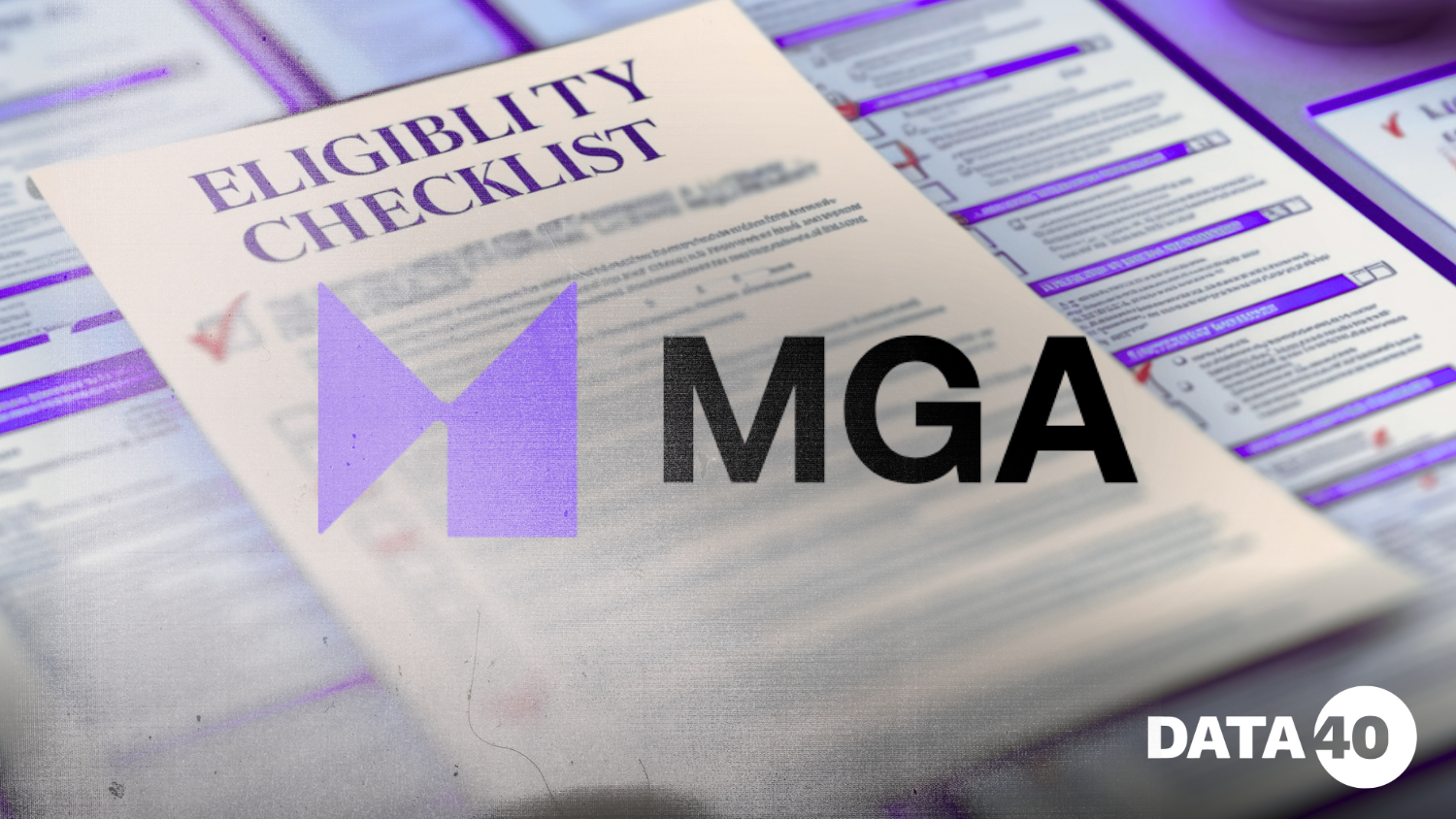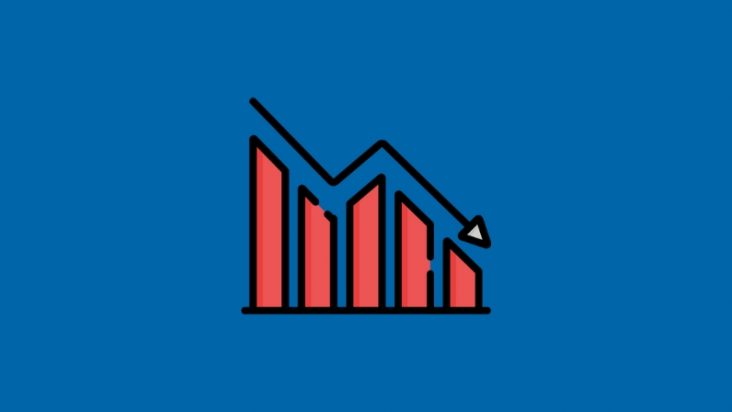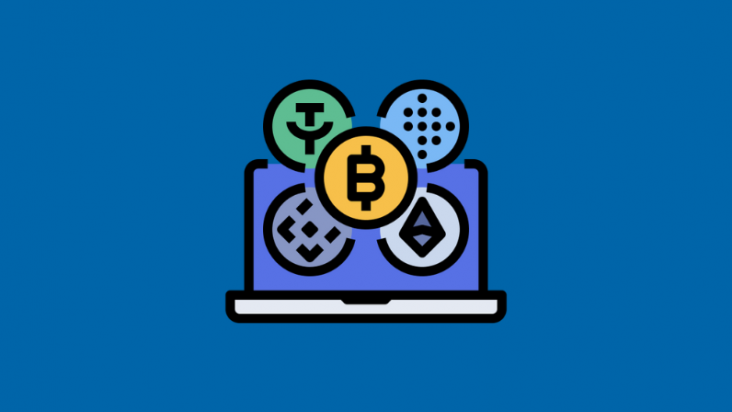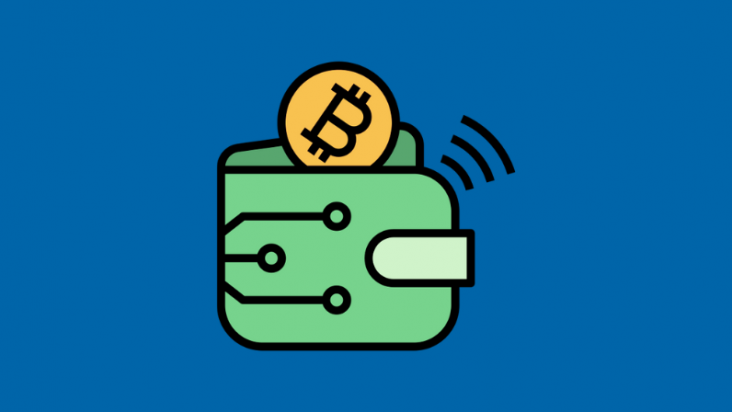

The Malta Gaming Authority (MGA) is one of the most trusted regulators in the global online gambling industry. Established in 2001, the MGA has a reputation for enforcing strict regulatory standards, ensuring transparency, fairness, and player protection. In 2024, an MGA license signifies regulatory excellence, making it highly sought after by online gambling operators, especially those targeting European markets where consumer protection and anti-fraud regulations are paramount.
For online gambling operators, obtaining an MGA license is vital because it not only allows them to operate legally within the EU and EEA but also boosts credibility among players and partners. The license reassures stakeholders of the operator’s compliance with Malta’s stringent standards on player safety, responsible gaming, and anti-money laundering measures. This enhanced credibility contributes to increased player trust and retention, which are key factors in the competitive online gambling landscape.
The purpose of this article is to offer a structured overview of the eligibility criteria and essential steps for obtaining an MGA license in 2024. Operators will gain insight into the application process, from compliance with financial and legal requirements to the rigorous assessments conducted by the MGA. This guide will provide an essential roadmap for those looking to enter or expand within the European online gambling market while maintaining full regulatory compliance.
Types of MGA Licenses Available in 2024
The Malta Gaming Authority (MGA) offers two primary types of licenses, both with specific subcategories and purposes to suit different business models in the gaming sector:
B2C Gaming Service License
This Business-to-Consumer license is designed for operators who offer gaming services directly to players. Within this license, there are four classes based on the type of gaming activities:
- Type 1: For casino-style games that involve risk and are based on random outcomes, such as slots, roulette, and lottery games.
- Type 2: For sports betting, where the outcome is not random but depends on real-life events, with the operator setting odds for players.
- Type 3: For player-to-player games where operators take a commission, like poker and bingo.
- Type 4: For skill-based games, including fantasy sports, where the outcome relies largely on player skill.
B2B Critical Gaming Supply License
This Business-to-Business license is aimed at companies that provide gaming services to other operators rather than to end consumers. It includes:
- Supply and Management of Material Gaming Elements: For companies offering critical gaming components, such as risk and fraud management, which are essential to the integrity of gaming operations.
- Software Supply and Management: For suppliers of gaming software and platforms, including game developers and providers of technical infrastructure.
Each license type affects eligibility and application requirements, including capital requirements, which range from €40,000 to €100,000 based on the license class. These licenses are structured to ensure a comprehensive regulatory framework for the industry, prioritizing responsible gaming and player protection.
Eligibility Requirements for an MGA License
To obtain a Malta Gaming Authority (MGA) license in 2024, online gambling operators must meet a set of stringent eligibility requirements. These cover financial stability, corporate structure, background checks, technical standards, and responsible gaming policies.
- Financial Stability and Security: The MGA requires applicants to demonstrate strong financial health, with enough capital to sustain operations and meet regulatory obligations. This includes providing audited financial statements compliant with International Financial Reporting Standards (IFRS) and, for B2C licensees, player funds to ensure customer protection.
- Corporate Structure: The MGA mandates a clear and well-defined corporate structure, which includes having either a physical office in Malta or a legal representative there to facilitate compliance and communication with regulators. Key function roles must be fulfilled by qualified professionals to meet compliance standards effectively.
- Background Checks: To maintain high standards of integrity, the MGA conducts comprehensive due diligence on all key personnel, ensuring no involvement in fraudulent or criminal activities. These background checks verify the “fit and proper” status of individuals managing or owning significant stakes in the company.
- Technical Standards and Software Compliance: Operators must adhere to rigorous technical requirements, including secure data management, encryption, and software certification. Systems must be capable of safeguarding player data and maintaining fair play through certified Random Number Generators (RNG) or equivalent technology.
- Responsible Gaming Policies: The MGA enforces responsible gaming measures to protect players. Licensees are required to implement self-exclusion features, age verification, and tools to help manage gambling behavior. Compliance with these policies is continuously monitored, with penalties for lapses.
These requirements help establish a secure and transparent environment in Malta’s iGaming sector, ensuring a high standard of player protection and operational integrity for licensed operators.
Document Requirements for Application
To obtain a gaming license from the Malta Gaming Authority (MGA), applicants must compile an organized set of documents to support their application.
- Business Plan: A comprehensive business plan detailing the operator’s business model, financial forecasts, and strategic approach. This document allows MGA to assess the operator’s long-term viability and business strategies.
- Financial Statements: Proof of financial stability is mandatory. MGA requires audited financial records (if the entity is already operational) and forecasts demonstrating sufficient capital to support the operation and meet all obligations.
- Compliance Certifications: Certification of adherence to technical and operational standards is essential. These documents confirm the operator meets MGA’s strict regulations for technical compliance, secure data handling, and software integrity.
- Background Documentation: Due diligence involves thorough background checks on key personnel, including directors and major shareholders. Documentation proving the good repute of these individuals (such as criminal background checks or affidavits) is essential to avoid risks related to fraud or criminal affiliations.
- Identification of Shareholders and Directors: Proof of identity for all stakeholders involved in the company, including passports or national IDs, is required. These documents support MGA’s fit-and-proper assessments, which verify the integrity of all principal persons.
- Corporate Structure Details: Information on the company’s legal structure, such as incorporation documents and organizational charts, is necessary. MGA mandates a clear outline of company ownership and any entities within its structure.
- Responsible Gaming Policy: A statement of the operator’s commitment to responsible gaming is also part of the required documents. This policy should outline measures like self-exclusion programs and procedures for age verification, reflecting MGA’s commitment to protecting players.
The MGA emphasizes the need for a complete and well-prepared application to streamline the licensing process and reduce processing times. Accurate documentation plays a significant role in expediting reviews, helping operators meet regulatory requirements and launch sooner.
Costs and Fees Associated with the MGA License
- Application Fee: The Malta Gaming Authority (MGA) requires a non-refundable application fee to initiate the licensing process. This fee varies by license type but generally starts around €5,000, with B2B licenses often set at a lower fee compared to B2C licenses.
- Annual License Fee: Once approved, operators must pay an annual license fee, which can range between €8,000 and €25,000. The exact amount depends on the license type and the business model, as B2C operators typically incur higher fees.
- Compliance and Contribution Fees: In addition to the annual license fee, MGA licensees are subject to monthly compliance contributions based on gross gaming revenue (GGR). These contributions vary by license category and revenue size, with higher revenue generating higher contributions.
- Additional Costs for Compliance: License holders often incur costs related to ongoing compliance requirements, including fees for system audits, AML compliance, and responsible gaming measures. Additionally, operators may need to budget for consulting or legal assistance, especially if they lack in-house resources to handle the technical and regulatory aspects of compliance.
These costs ensure that operators maintain high standards and comply with regulatory expectations, a core focus of the MGA to sustain its reputation as a trusted licensing authority.
Recent Changes and Updates to MGA Licensing Requirements in 2024
In 2024, the Malta Gaming Authority (MGA) introduced updates to its licensing requirements, reflecting a more streamlined and innovative regulatory approach aimed at maintaining Malta’s competitiveness in the gaming industry.
- License Structure Overhaul
The MGA now offers only two primary license categories—B2C (Business-to-Consumer) and B2B (Business-to-Business), which cover various services under these broad licenses rather than the previous multi-license structure. This shift allows operators greater flexibility across distribution channels, making it easier to expand or modify service offerings without needing additional licenses.
- Enhanced Compliance and Oversight
The MGA has increased its authority for compliance and enforcement, especially for anti-money laundering and anti-terrorism financing measures. New requirements for segmented Key Official roles ensure that licensed companies meet high scrutiny standards by assigning specific compliance functions to approved individuals within each organization.
- Updated Player Protection Framework
To enhance consumer protection, the MGA now mandates segregated player funds by law and has introduced a unified self-exclusion system, effective across both online and land-based platforms. This integrated approach to self-exclusion helps combat problem gambling by maintaining consistent safeguards throughout the sector.
- Notification Requirements for Game Providers
Since August 2024, licensed operators adding new game providers must submit extensive technical documentation, including system specifications and declarations signed by senior personnel. Licensees who integrate multiple providers at once face added compliance requirements, including separate notifications for each provider to ensure transparent and complete records.
Final thoughts
To ensure the successful completion of your application for an MGA (Malta Gaming Authority) license, it’s essential to focus on meeting all the eligibility criteria. Operators must demonstrate financial stability, with clear evidence of sufficient capital and financial solvency, to show that they can cover operational costs. The MGA requires a well-structured corporate organization, which includes having a physical presence or legal representation in Malta.
The MGA conducts thorough background checks on key individuals, ensuring no criminal or fraudulent history, which underscores the importance of a clean record. Meeting technical standards is crucial—this includes secure data management and encryption practices, as well as compliance with MGA-certified gaming software standards. Operators are also required to implement responsible gaming measures, such as options for self-exclusion and age verification to protect players. These responsible practices are key to maintaining a license.
Given the complexity of the licensing process, it’s also advisable to seek professional legal or consulting services. Experts can help ensure that all legal and compliance requirements are met, improving your chances of obtaining the license. In the next article we will talk about the Advantages and Disadvantages of Obtaining a Malta Gaming Authority License for International Operators in 2024








